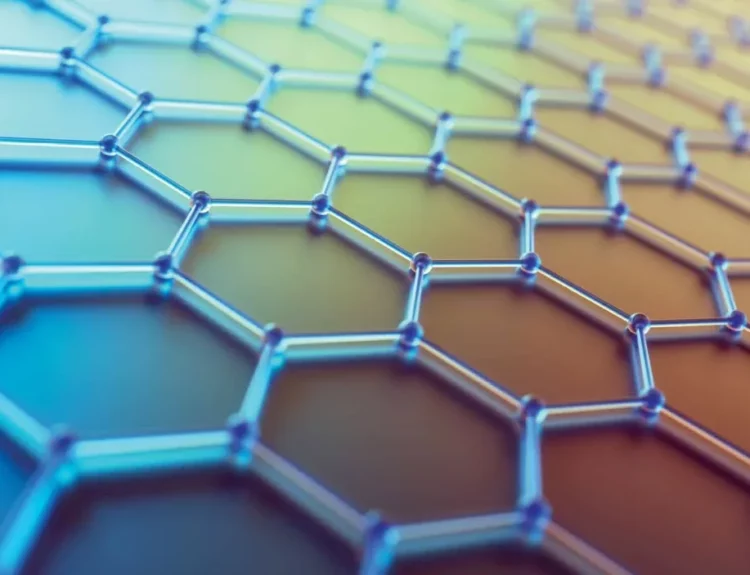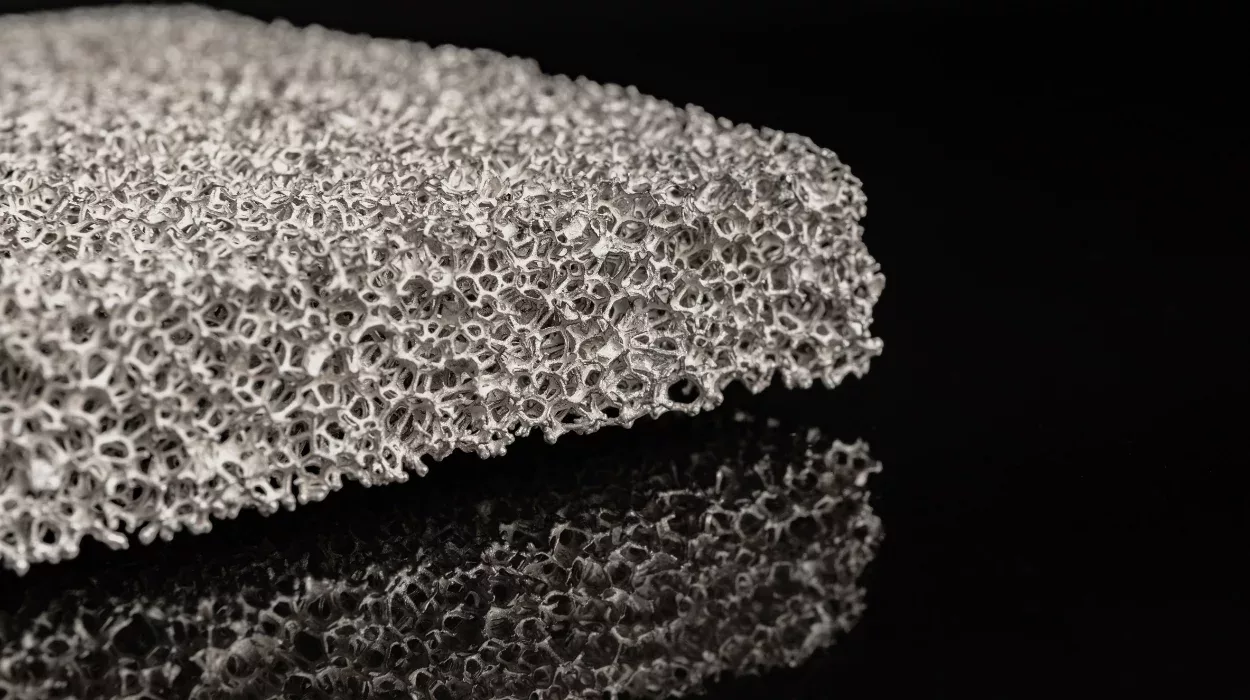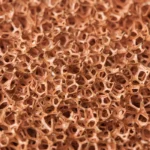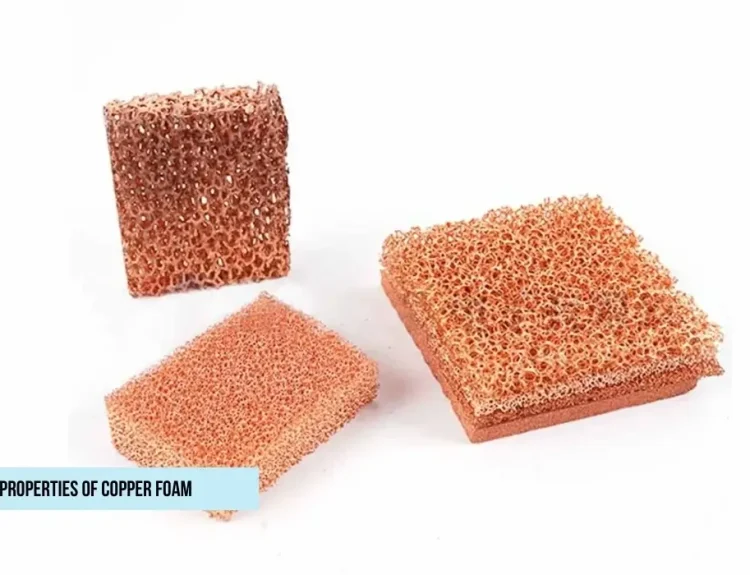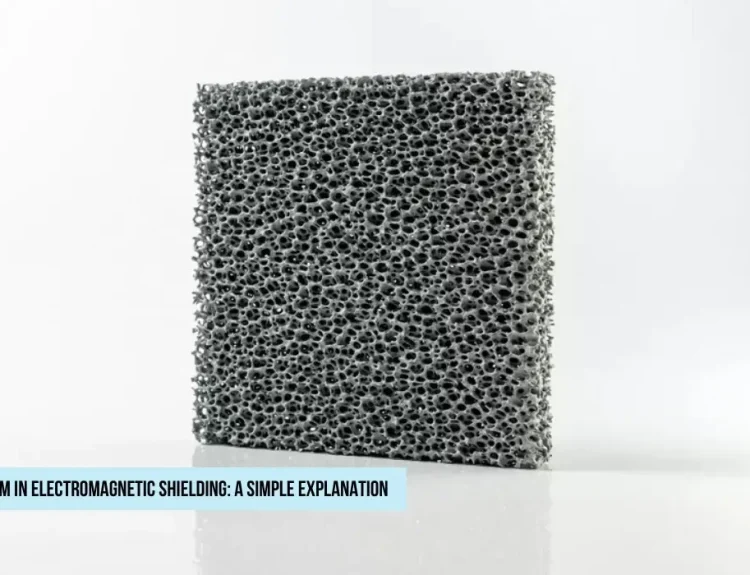Nickel foam is made from nickel with a porous, sponge-like structure. It’s widely used in applications like batteries, fuel cells, and catalysts due to its high surface area, strength, and conductivity. Let’s explore some critical variations of nickel foam:
Pore Size
Nickel foam comes in different pore sizes, which refer to the size of the holes or spaces in the material. A smaller pore size means the foam has more tiny spaces, while a larger pore size means more significant gaps. Depending on the application, you might need:
- Tiny pores: Great for applications that need higher surface area, like batteries and catalysts.
- Large pores: Useful in regions with more airflow or liquid flow, like filtration systems.
Thickness
Nickel foam can be made in various thicknesses. Thicker foams provide more mechanical strength and durability, while thinner foams are lighter and more flexible. The proper thickness depends on the specific use, whether you need something strong or lightweight.
Density
The density of nickel foam refers to how much nickel is packed into a given volume. You can have:
- Low-density nickel foam: It’s lighter and often used in lightweight applications, such as energy storage devices.
- High-density nickel foam: This foam contains more nickel, making it stronger and suitable for heavy-duty applications like heat exchangers.
Coated Nickel Foam
Sometimes, nickel foam is coated with other materials to enhance its properties. Common coatings include:
- Platinum or Palladium coatings: Used in fuel cells or catalysis to improve efficiency.
- Graphene coating: Adds even more conductivity, making it ideal for advanced battery applications.
Structural Variations
Nickel foam can also vary based on how it’s structured:
- Reticulated Nickel Foam: This type has a more open, interconnected structure, ideal for applications needing high fluid or airflow.
- Closed-Cell Nickel Foam: Has fewer open spaces, offering more strength and stiffness. It’s used in structural applications where support is necessary.
Buy Nickel Foam from leading brands
Conclusion
Nickel foam has many variations, from pore size and thickness to density and coatings. These options allow industries to choose the right type of foam for their specific needs, making nickel foam a versatile material in various fields like energy storage, filtration, and catalysis.
